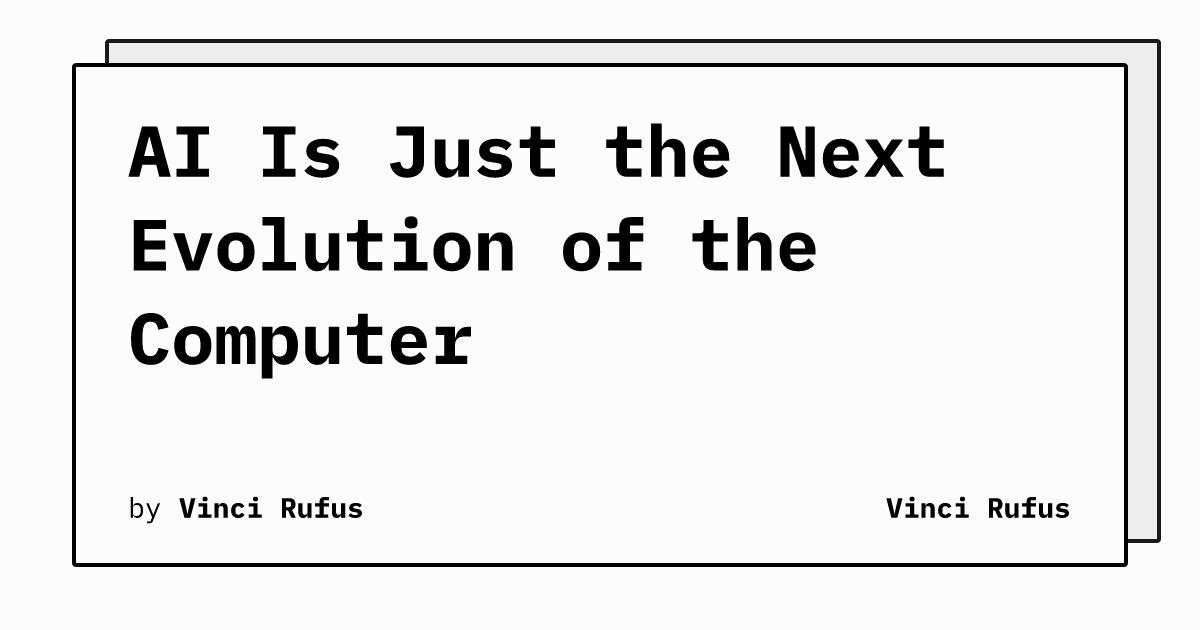Re-examining a Chess Complexity Metric: A Critical Analysis

This article presents a critical analysis of David Peng's research paper on a chess complexity metric and its accompanying codebase. The author argues that the proposed metric is flawed, its conclusions lack sufficient logical support, and it fails to adequately account for rapid advancements in neural network technology and the dynamic nature of chess engine evaluations. Several logical fallacies within the paper are dissected, and improvements are suggested, including incorporating Stockfish-NNUE evaluations, considering time factors, and including more human vs. engine game data. The author concludes by urging the implementation of a reliable chess complexity metric before cheaters can exploit it.
Read more














